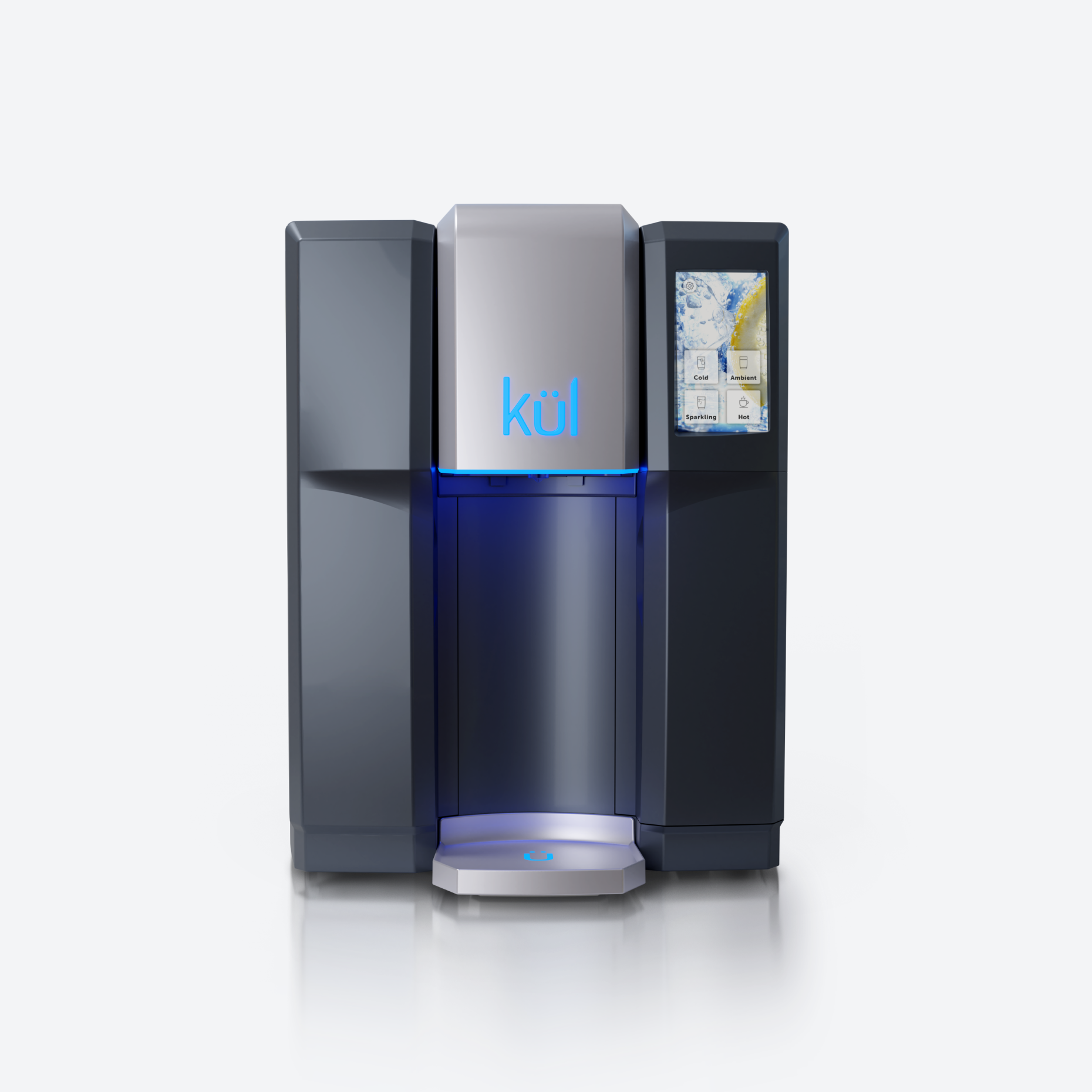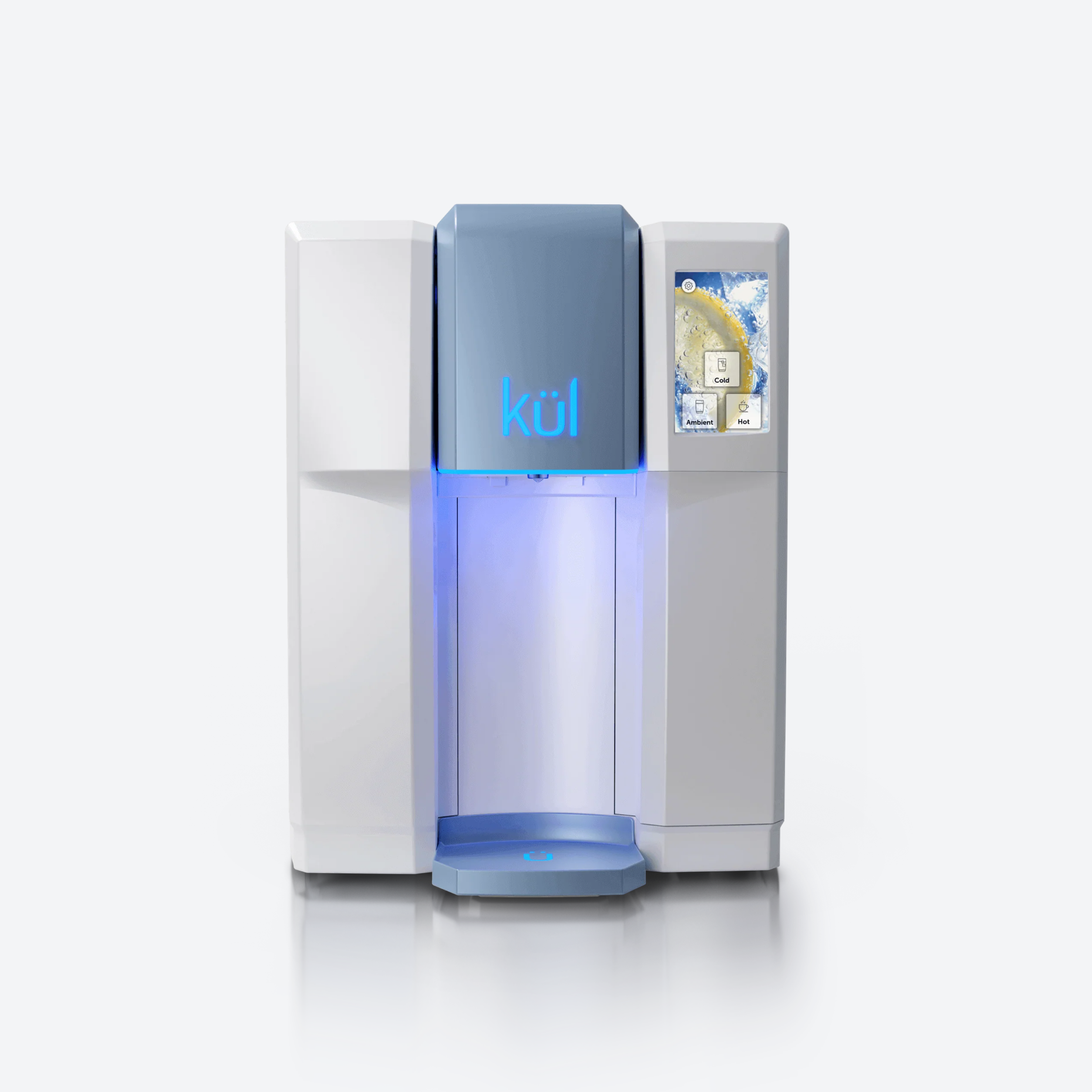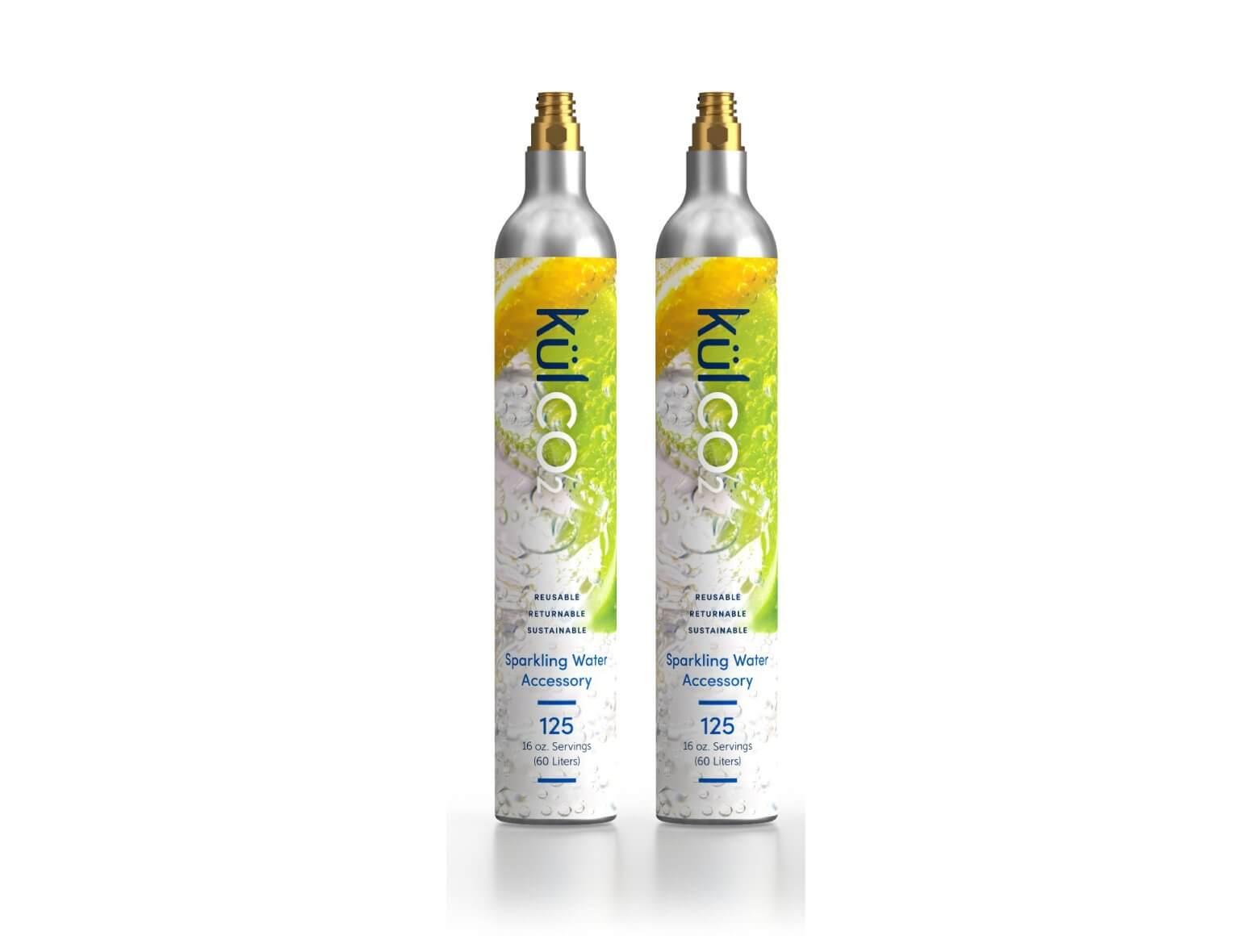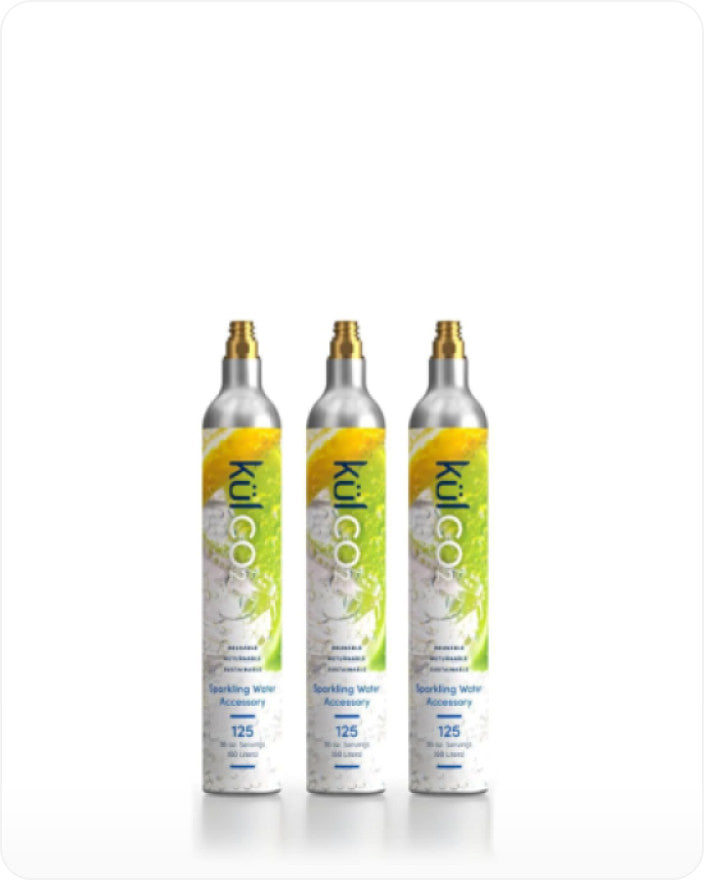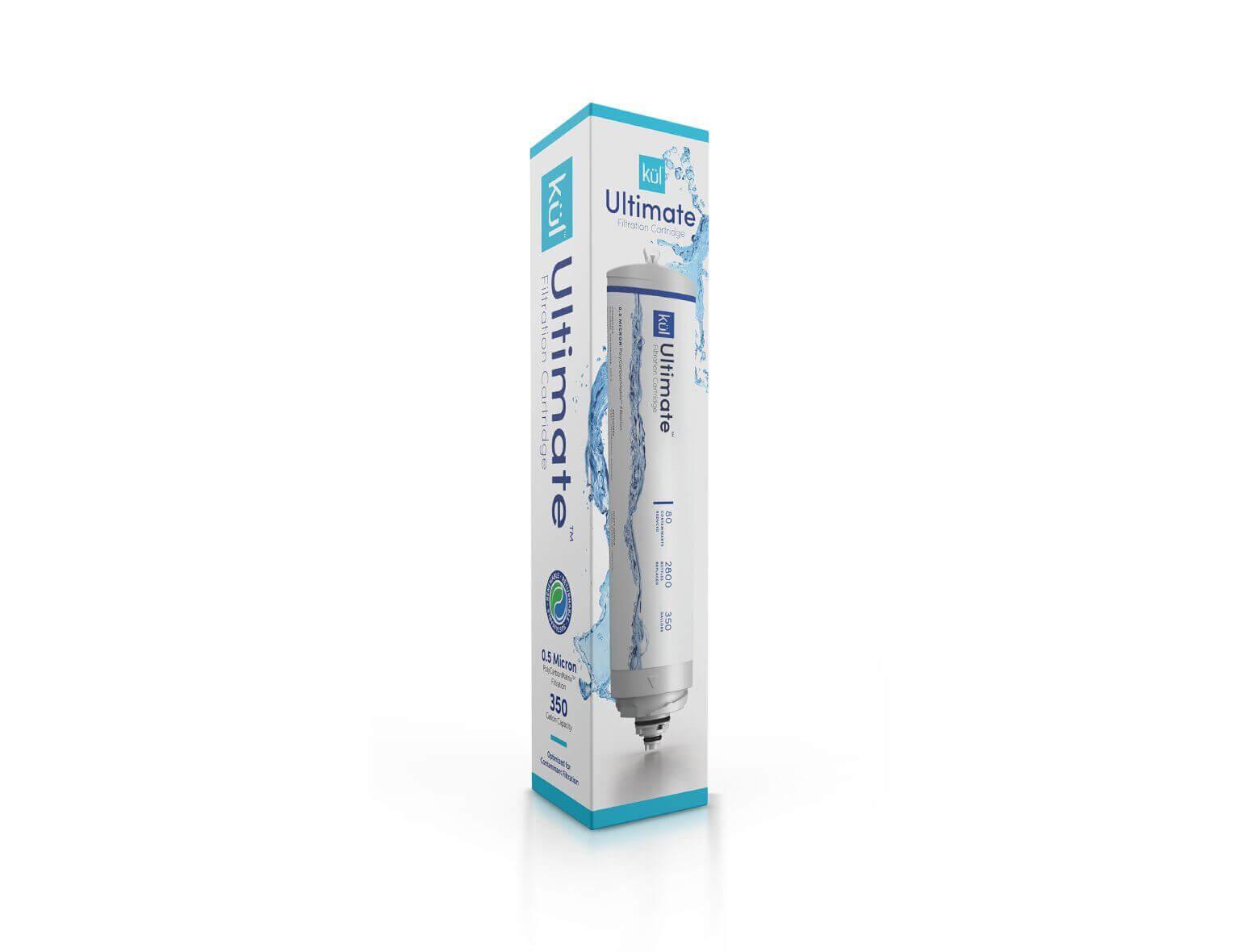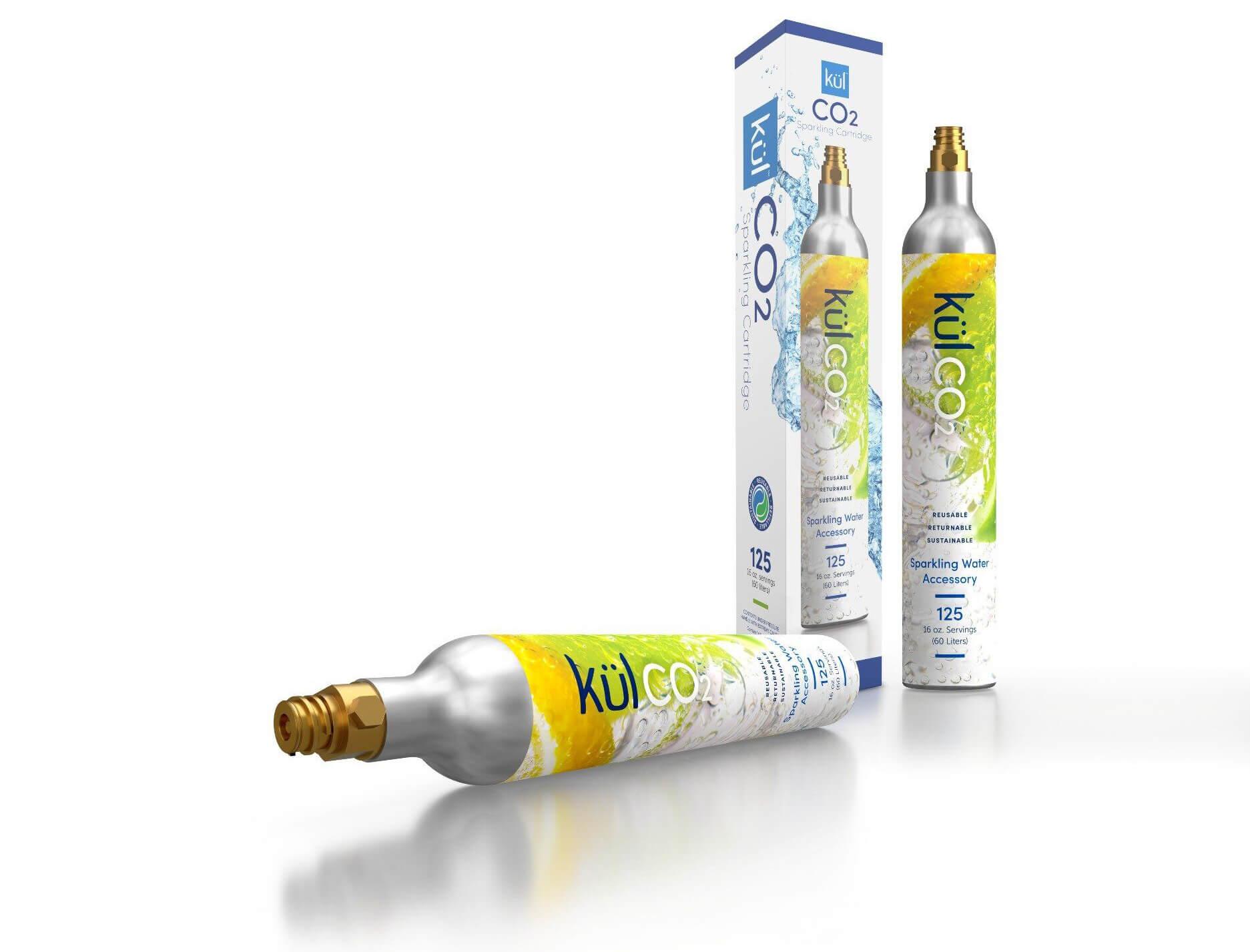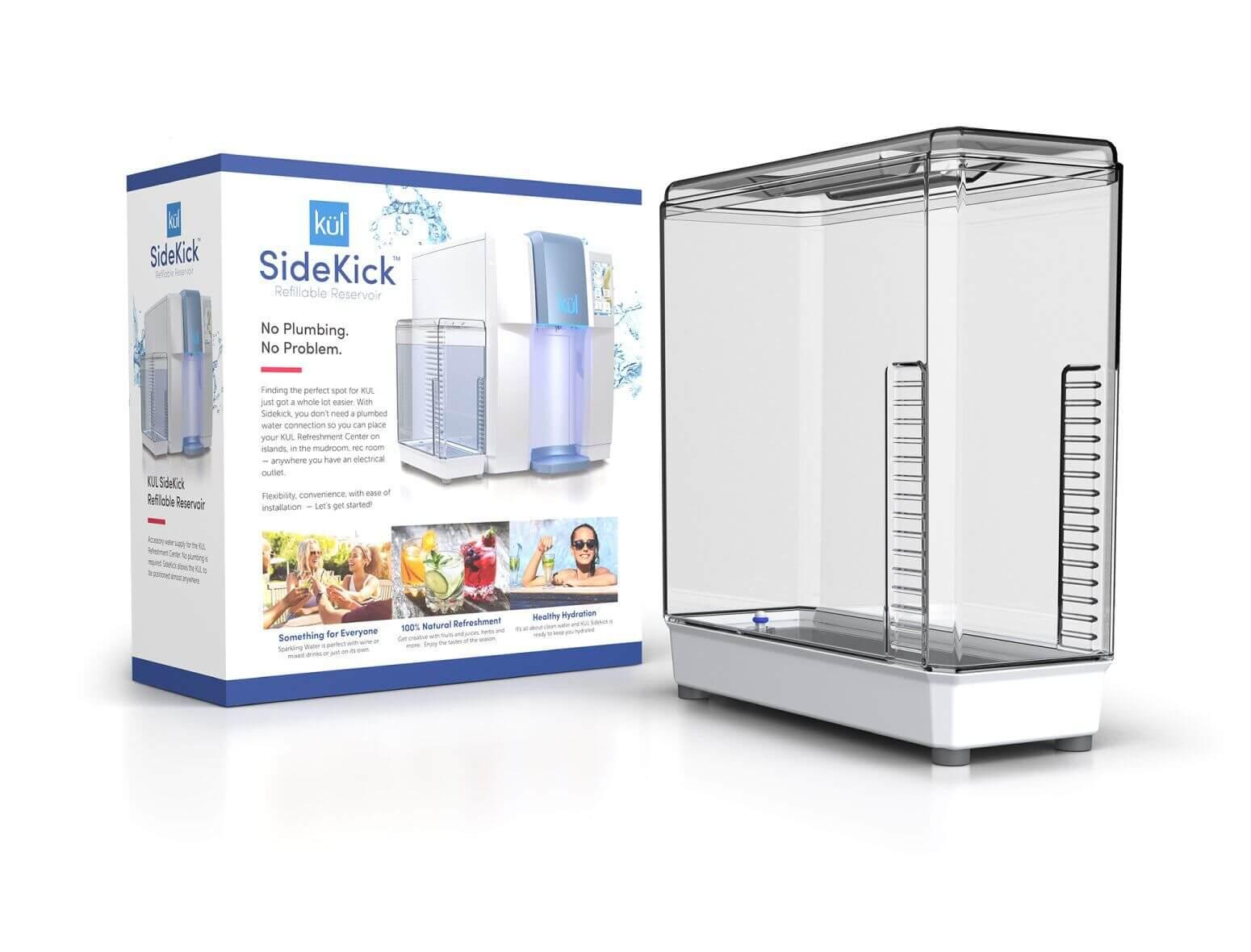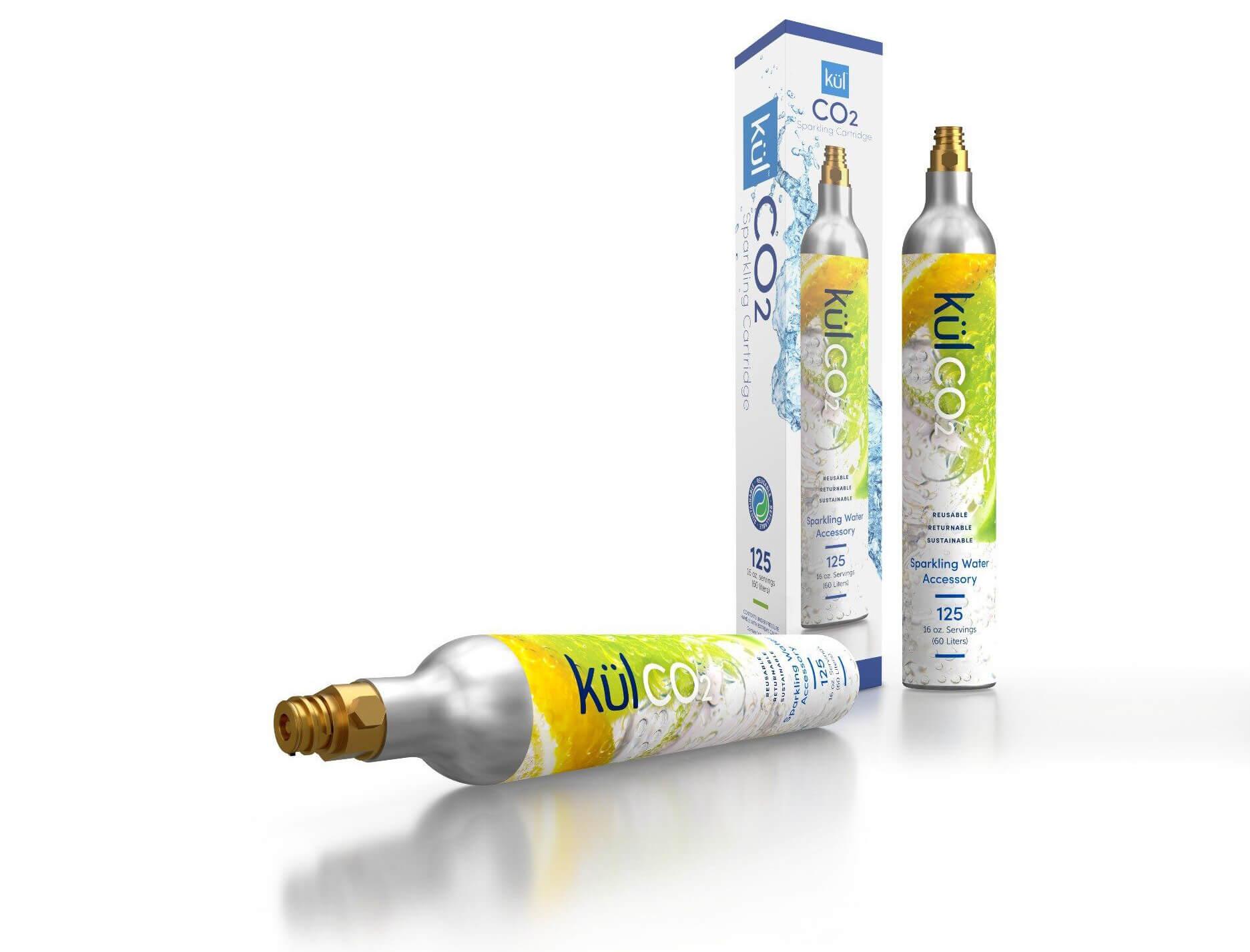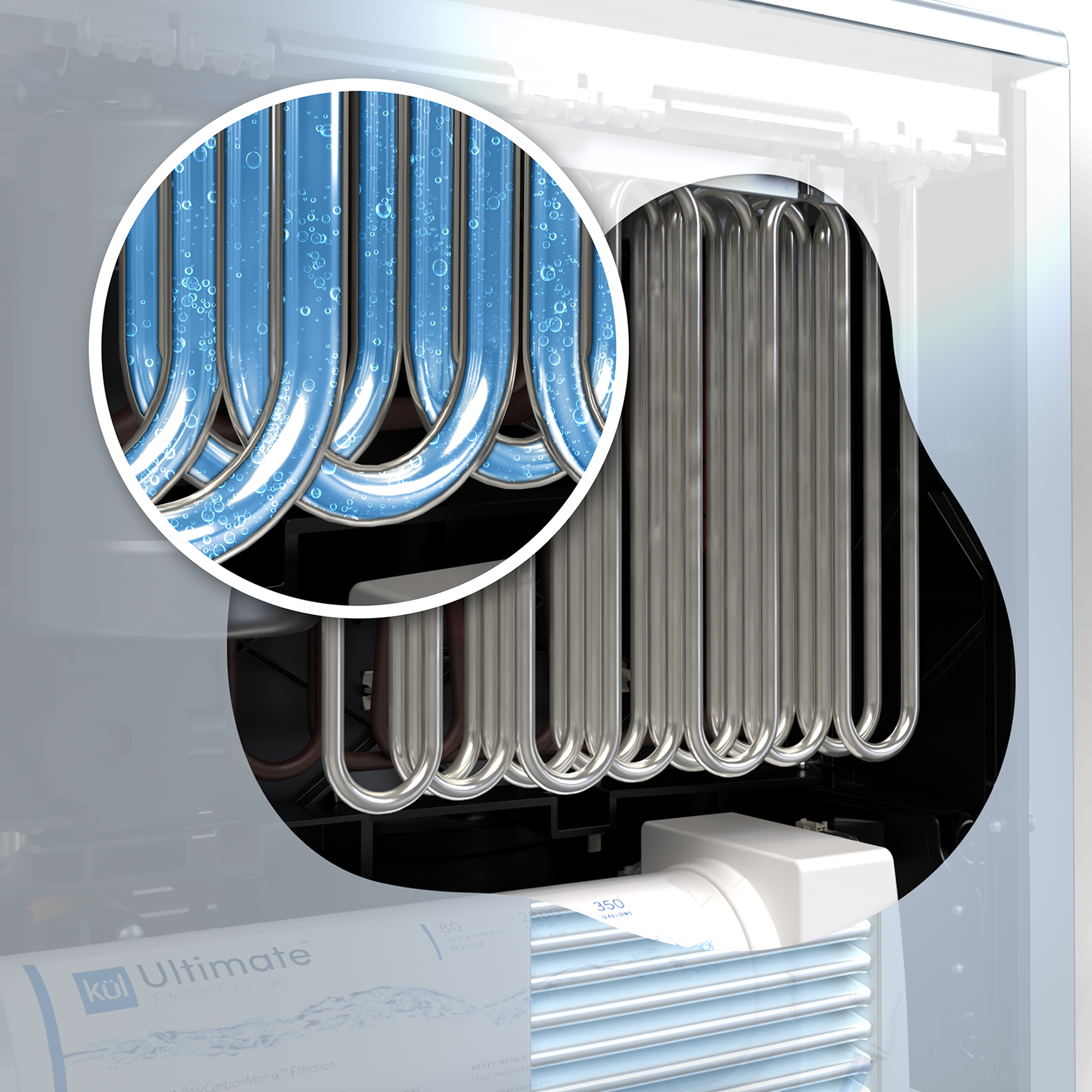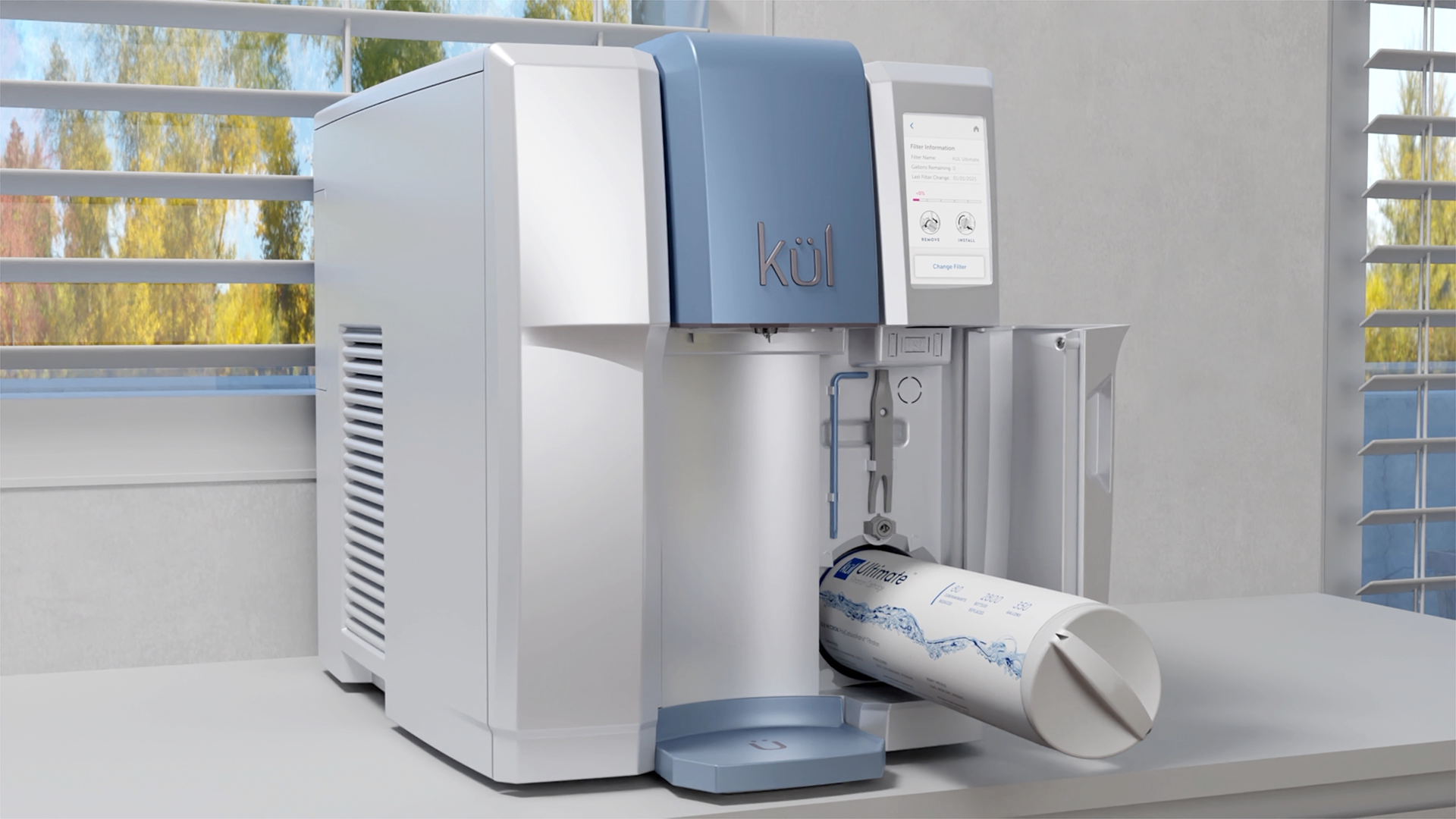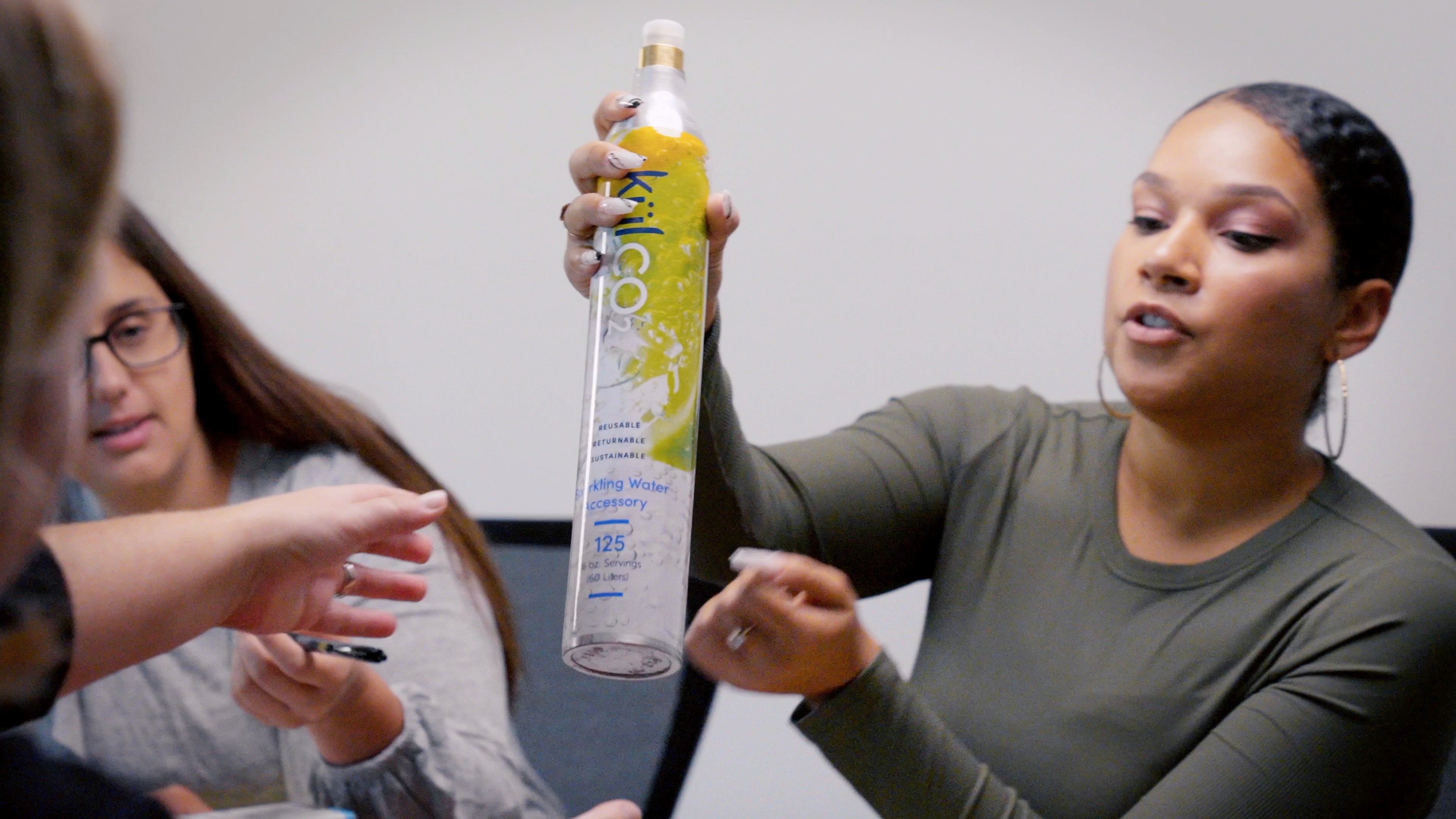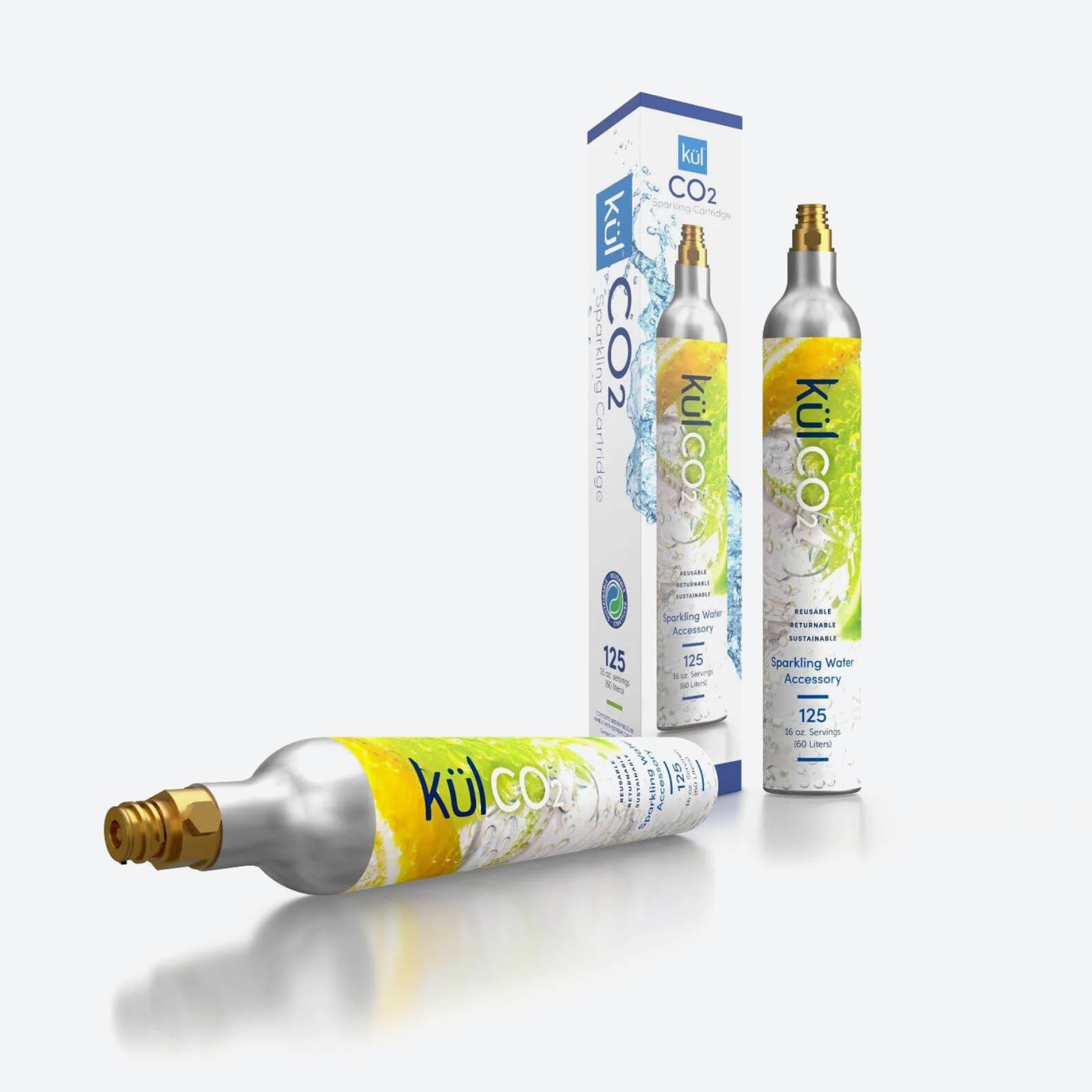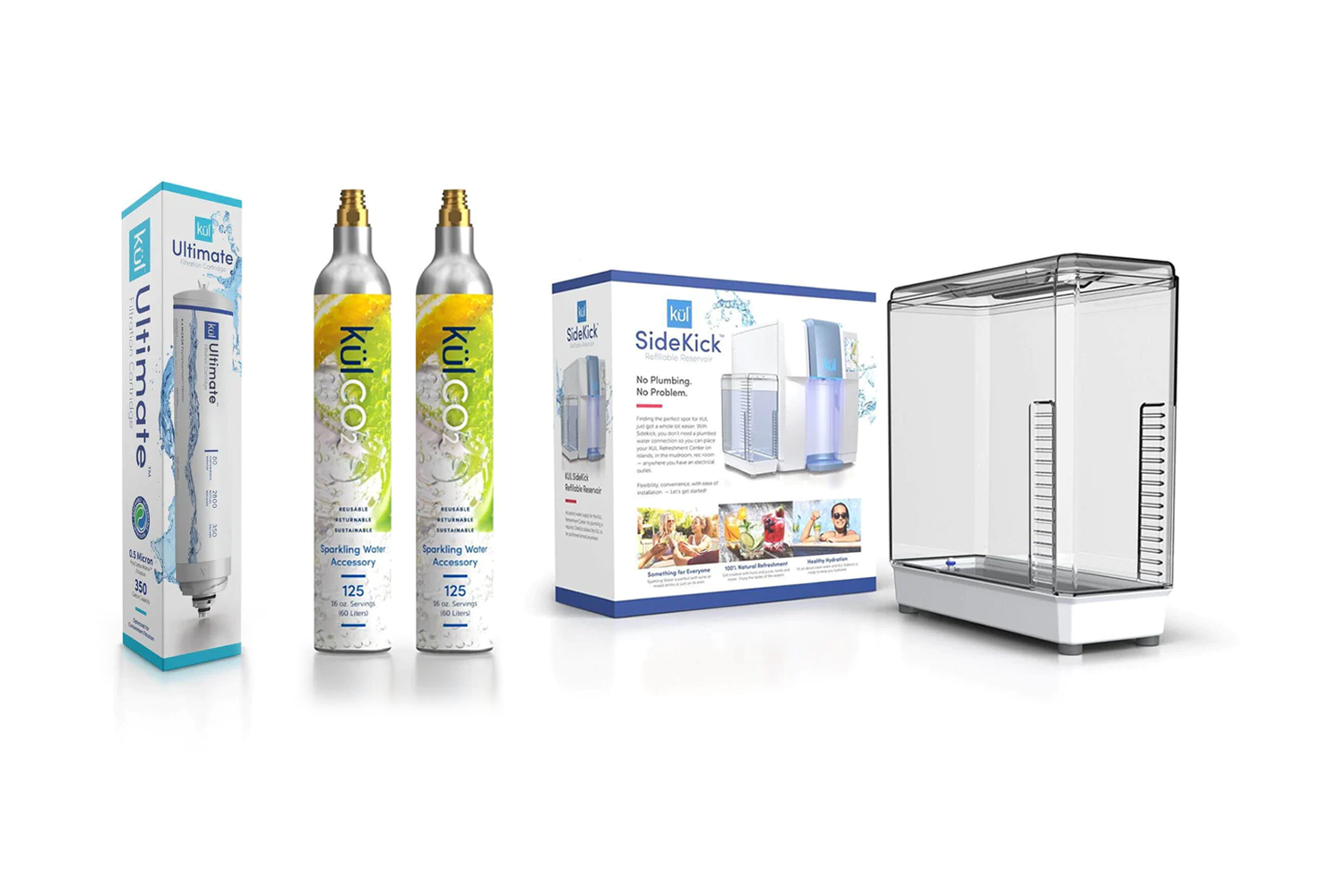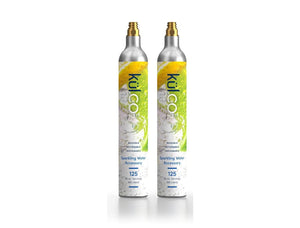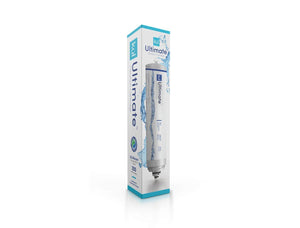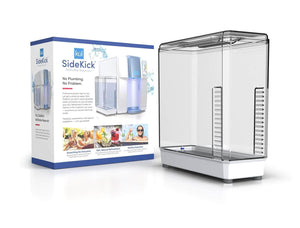Water is essential for our health, but not all water is created equal. Two common types are filtered water and distilled water, each with unique characteristics. But is distilled water the same as filtered water?
Understanding the differences can help you choose the best water for your needs. In this guide, we’ll explore how filtered and distilled water are produced, their health implications, and practical considerations for making the right choice.
What is Filtered Water?
Filtered water is tap water that has been cleaned to remove impurities like chlorine, sediment, and certain chemicals. This is usually done by passing the water through filters, such as activated carbon, which trap these unwanted substances.
The result is cleaner, better-tasting water that still contains beneficial minerals like calcium and magnesium. Filtered water is commonly preferred for drinking and cooking because it improves flavor while reducing potential contaminants.
Note: The effectiveness of filtration depends on the type and quality of the filter used.
What is Distilled Water?
Distilled water is purified through distillation. This process involves boiling water to produce steam, then cooling and condensing it back into liquid form. Impurities and contaminants are left behind during this process.
The result is exceptionally pure water, free from minerals, bacteria, and other substances. While both filtered and distilled water remove impurities, distilled water lacks the beneficial minerals that filtered water retains. This makes distilled water very pure but gives it a flat taste.
Health Implications of Filtered Water and Distilled Water
Choosing between filtered and distilled water involves understanding their respective health benefits and drawbacks:
Benefits of Filtered Water
-
Improved Taste and Odor: Filters remove chlorine and other substances that affect flavor and smell.
-
Retention of Essential Minerals: Calcium and magnesium remain, supporting overall health.
-
Reduced Contaminant Exposure: High-quality filters reduce lead, pesticides, bacteria, and other harmful substances.
Drawback:
-
Regular Maintenance Needed: Filters must be replaced or cleaned regularly to stay effective.
Benefits of Distilled Water
-
High Purity Level: Removes bacteria, viruses, and most chemicals, making it suitable for environments requiring ultra-pure water, like medical facilities.
Drawbacks:
-
Lacks Beneficial Minerals: The removal of calcium and magnesium may lead to health concerns over time.
- Flat Taste: The absence of minerals can make it less appealing for daily consumption.
Taste and Culinary Considerations
The type of water you use can affect the taste and quality of your food and beverage
- Filtered Water: Retains beneficial minerals while removing impurities, enhancing the flavor of soups, baked goods, and beverages. It also ensures consistent cooking results.
-
Distilled Water: Extremely pure, preventing unwanted flavors, but may taste flat. The lack of minerals can sometimes affect the texture of foods like pasta or rice.
Summary: Filtered water is often preferred for everyday cooking and drinking due to its balance of purity and mineral content.
Conclusion:
So, is distilled water the same as filtered water? No.
- Filtered Water: Retains beneficial minerals, making it ideal for daily consumption.
- Distilled Water: Removes almost all impurities and minerals, providing ultra-pure but flat-tasting water.
For clean, healthy water, Kül Water Dispensers are a great choice. They filter out over 80 contaminants, including chlorine and lead, while offering cold, hot, ambient, and sparkling water options to suit all your hydration needs.
When choosing between filtered and distilled water, consider your health, taste preferences, and daily needs to make the best decision for your well-being.
